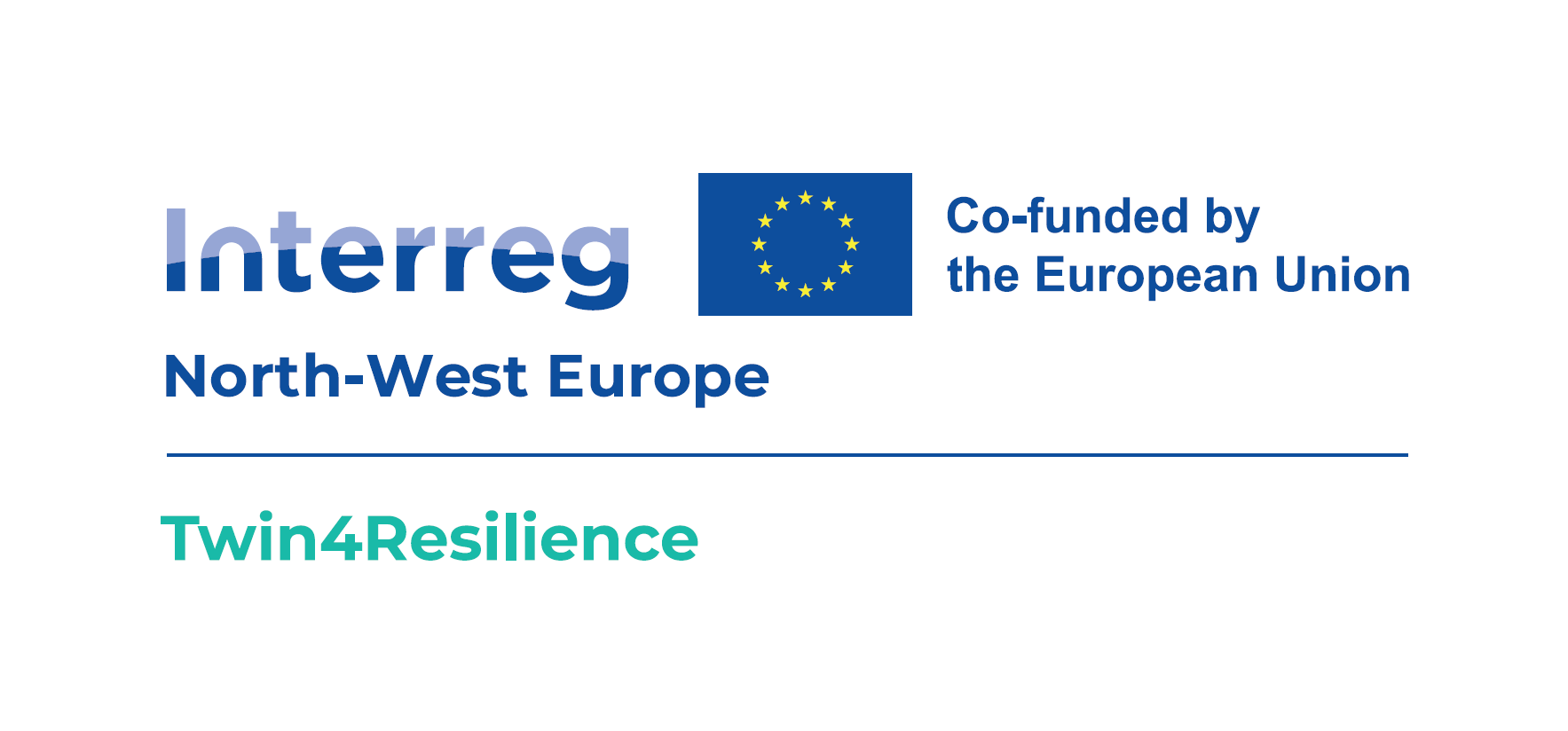
22 Jan Twin4Resilience
22 Jan, 2024
The T4R project aims to increase resilience and innovation capacity of public authorities, higher education and research organizations, SMEs, and NGOs, by jointly developing and implementing a Strategy and Action Plan for wise, affordable, sustainable development and use of Local Digital Twins (LDTs) – 2D/3D representations of a territory (e.g. city), created with modelling and simulation technology from (realtime) datasets of different stakeholders – in support of more inclusive and democratic territorial planning.
Specific objectives:
- Develop a Joint Strategy for wider uptake of Local Digital Twins (LDTs) as data-driven decision support tools in territorial planning, based on 4 jointly developed Frameworks (Technical design, Governance, Ethics/inclusion/democratization, Training) each with communication and evaluation plan, involving all partners (frontrunners and followers), local stakeholders groups, and stakeholders outside the T4R consortium, to feed into WP2 (Pilot Actions) and WP3 (Training implementation).
- Improved democratic and inclusive decision making by 8 local and regional authorities (CITYUTR, AMS, DCC, RM, BXLCITY, ICL, SCHUTT, VMM) developing and testing 8 Local Digital Twins as decision support tools (Solutions) in territorial planning in 8 jointly developed and implemented Pilot Actions, supported by 6 innovation support partners. Joint development and implementation takes place in 4 Transnational Framework Groups (WP1) and in 4 Transnational territorial planning Thematic Clusters.
- Capacity built by joint development and implementation of a Training Scheme empowering local /regional authorities and other local stakeholders to use LDT as a decision support tool for territorial planning.
The partnership:
- City of Utrecht
- City of Amsterdam
- Dublin City Council
- Rennes Métropole
- Stad Brussel
- Intercommunale Leiedal
- City of Schuttrange
- Flemish Environment Agency
- Luxembourg Institute Science and Tech
- K8
- Digital Flanders
- DKSR
- All Digital






